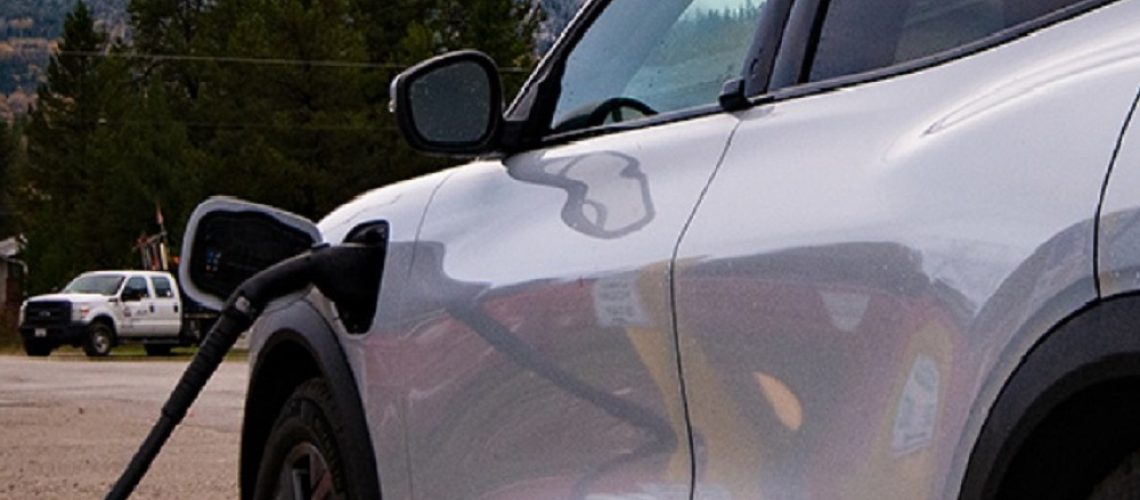The electric vehicle chargers will reduce range anxiety while also encouraging adoption of zero-emission vehicles.
Peak Power received a $765,000 investment through Natural Resources Canada’s (NRCan) Zero Emission Vehicle Infrastructure Program (ZEVIP) to install 117 V1G chargers. The total cost of the project is valued at over $1.6 million.
Peak Power will install the V1G chargers across several mixed-use developments in Ontario, Canada. Peak Power provides battery energy storage systems that use its software, Peak Synergy, which enables the chargers to draw energy from the grid when it’s most widely available and avoid times of peak demand.
“I’m pleased to be announcing the deployment of over 100 Electric Vehicle chargers across Ontario with Peak Power,” said Julie Dabrusin, Parliamentary Secretary to the Minister of Natural Resources and to the Minister of Environment and Climate Change, and Member of Parliament for Toronto-Danforth. “This $765,000 investment by the Government of Canada will allow folks in Toronto and across the province to access the infrastructure they need to drive an EV while fighting climate change. Happy #EVWeek!”
As part of ZEVIP, the project supports the federal government’s goals of accelerating the electrification of Canada’s transportation sector. The 117 chargers should reduce “range anxiety” for EV drivers and encourage additional adoption of EVs. One benefit to Peak Power’s software, the company reports, is that it allows more capacity from the grid without requiring major infrastructure upgrades.
“Limited access to EV charging infrastructure in high-density mixed-used environments remains a key barrier to widespread EV adoption,” said Carter Li, CEO of SWTCH. “SWTCH’s partnership with Peak Power and Signature Electric to deploy V1G technology to these settings will enhance coordination between energy utilities, building operators, and EV drivers to improve building energy efficiency and access to EV charging infrastructure.”
Peak Power is working with SWTCH Energy in co-developing the software for the EV chargers with Peak Power, while Signature Electric will install the hardware and supporting infrastructure.
“We’re thrilled to support the Canadian government’s electrification goals through smart EV charging,” said Matthew Sachs, COO of Peak Power. “The funding from NRCan will enable us to provide drivers with more options for EV charging, while the smart nature of our Synergy tech in the chargers means grid operators don’t have to worry about capacity restraints when EVs are plugged into the grid. ZEVIP is critical to greater electrification of the country’s infrastructure, and we’re proud to support the initiative.”
Canada has invested a $1 billion since 2015 to make EVs more affordable and chargers more accessible for Canadians. Not only are the funds going to increase the number of EV chargers on Canada’s roads, but federal rebates of up to $5,000 help encourage more residents to drive electric.
An additional $1.7 billion is provided in the 2022 budget to extend the government’s purchase incentive program until March 2025 and to expand the types of vehicle models eligible under the program, which would include more vans, trucks and SUVs. Natural Resources Canada also received another $400 million to extend ZEVIP to March 2027, complemented by $500 million that Canada’s Infrastructure Bank will invest in large-scale ZEV charging and refuelling infrastructure. This is all in support of the government’s objective of adding 50,000 zero-emission vehicle (ZEV) chargers to Canada’s network, and another step toward reaching Canada’s target of ensuring all new passenger vehicles sold in Canada are zero-emission by 2035.



